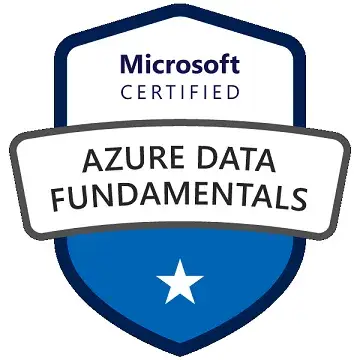Mathematics Class 2(Maths)
-
- 5 rating
- (1 Reviews)
- 0 students enrolled
Mathematics Class 2(Maths)
Class 2 mathematics focuses on building a strong foundation in these fundamental mathematical concepts. It prepares students for more advanced math topics in later grades and helps them develop problem-solving and critical-thinking abilities.
-
- 5 rating
- (1 Reviews)
- 0 students enrolled
What learn
- Comprehensive Subject Knowledge
- Visual and Interactive Education
- Adaptive Learning Methodology
- 24/7 Availability
- Global Reach and Diverse Resources
Course Content
Requirements
- Smart Phone Or Laptop with Internet Connection
Description
-
Addition and Subtraction: These fundamental operations involve combining (addition) or taking away (subtraction) numbers to find a total or the difference between quantities. They are essential for basic calculations.
-
Capacity: Capacity refers to the amount a container can hold. In mathematics, it involves measuring and comparing the volume or amount of liquid or objects that different containers can hold.
-
Data Handling: Data handling includes collecting, organizing, and interpreting data. Students learn to create graphs, charts, and tables to represent and analyze information.
-
Measurement: Measurement involves quantifying attributes like length, weight, and volume. Students use standard units of measurement to compare and describe the size or amount of objects.
-
Mental Arithmetic: Mental arithmetic involves performing calculations in your head without the use of paper or a calculator. It helps develop quick mathematical skills and is often used for mental math exercises.
-
Money: Money skills involve recognizing coins and banknotes, understanding their values, making transactions, and solving problems related to money, budgeting, and financial literacy.
-
Multiplication and Division: Multiplication involves repeated addition, while division is the process of sharing or distributing quantities into equal parts. These operations build upon addition and subtraction and are essential for more advanced math.
-
Numbers: Numbers are the foundation of mathematics. Students learn to count, read, write, and understand the properties of numbers, including place value and number relationships.
-
Patterns: Patterns involve the repetition of shapes, numbers, or sequences in a predictable manner. Recognizing and extending patterns helps develop logical and problem-solving skills.
-
Shapes and Spaces: This topic covers 2D and 3D shapes, as well as concepts related to space, such as area, perimeter, and spatial orientation. It helps students understand the geometry of the world around them.
-
Time: Telling time involves reading clocks and understanding the concept of hours, minutes, and seconds. It's a practical skill used in daily life.
-
Weight: Weight is the measure of the heaviness of an object. Students learn to compare and measure the weight of objects using standard units like grams and kilograms.
These topics are crucial components of elementary mathematics education and lay the foundation for more advanced mathematical concepts in later grades.
Recent Courses
- June, 23rd 2025
- 3
This course plan outlines a comprehensive curriculum for a prompt engineering course, designed to equip learners with the ski..
- 1699.00₹
2000.00₹
- June, 28th 2025
- 12
In an era where technology is seamlessly integrated into our daily lives, understanding the synergy between Embedded Systems..
- 1599.00₹
2000.00₹
- May, 22nd 2024
- 0
Microeconomics is an essential component of economics as a whole, as it helps us understand how individual decisions and inte..
- 799.00₹
999.00₹
About Instructor
"Founded in 2019, Bringup Education stands as a dynamic Ed-Tech firm. We take pride in offering a diverse array of courses, spanning from school-level education to rigorous undergraduate programs, all impeccably facilitated through our state-of-the-art Learning Management System (LMS).
Moreover, at Bringup Education, we are committed to preparing students for the professional world by providing valuable training and internship opportunities. These experiences not only augment students' skills but also ensure they are 'job ready' upon graduation."


.png)




.png)


